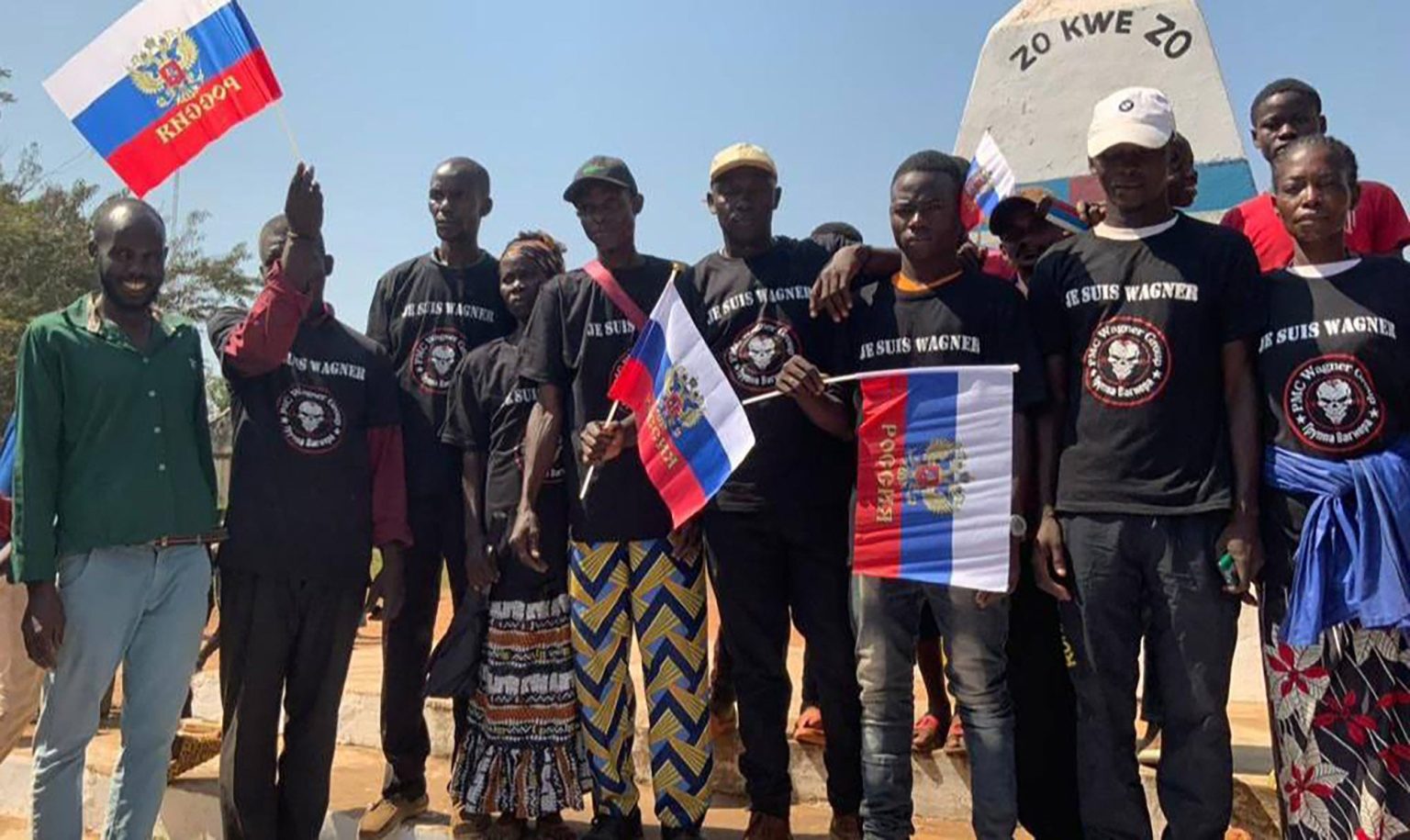Several GOP senators have criticized the Biden administration’s foreign policy, particularly in Africa, where two West African countries in the Sahel region have shown an inclination towards Moscow. With Niger’s military junta asking U.S. troops to leave while allowing Russian Wagner mercenaries to operate on the same airbase as American personnel, concerns have been raised about the diminishing influence of the U.S. in the region. Senators such as Tim Scott and James Risch have highlighted the strategic consequences of the current foreign policy approach, pointing out that Russia and China are gaining influence at America’s expense.
Despite the U.S. Africa Command’s acknowledgment of the threat posed by terrorism in the region, there is concern about the lack of focus on Africa in the Biden administration’s policies and budgets. Russia is seen as exploiting economic and security challenges in Africa to further its own interests, and the U.S. is being urged to take stronger policy actions to reverse the current trend of African nations favoring anti-Western views. The potential departure of U.S. forces from countries like Chad, Niger, Mali, and Burkina Faso has created more room for Russia and China to expand their influence in the region.
The State Department has emphasized the U.S. commitment to deepening partnerships with African countries based on promoting democracy, development, and stability. However, the increase in violence and humanitarian challenges in the Sahel region remains a concern, with Washington facing difficulties in maintaining its military presence in Niger and Chad amidst political changes in these countries. The presence of Russian Wagner mercenaries in Niger and the potential acquisition of U.S. military hardware by Russia highlight the challenges faced by the U.S. in maintaining its position in West Africa.
The competition between the U.S., Russia, and China for influence in Africa has raised concerns about the strategic implications of losing ground in the region. As Russia and China seek to expand their footprint in Africa, Washington is being urged to reconsider its approach and prioritize genuine partnerships with African nations. China’s economic presence in Africa through initiatives like the Belt and Road trade initiative has raised questions about the U.S. losing the battle for influence in the region to China. It is essential for the U.S. to address its declining position by focusing on economic development, security cooperation, and shared challenges like climate change and public health to build stronger partnerships with African countries.
The rise of anti-Western sentiments in Africa and the increasing distrust towards Western narratives and motivations have provided an opportunity for Russia and China to exploit Africa’s reduced interest from Western countries. Both countries are looking to gain influence in Africa by offering economic benefits and leveraging anti-Western sentiments to advance their policy agendas. To increase its influence in Africa, the U.S. needs to change its approach and engage with African countries as genuine partners, rather than using the continent as a battleground for geopolitical disputes. By prioritizing investments, economic development, and addressing shared challenges, the U.S. can build stronger relationships with African nations and counter the influence of Russia and China in the region.













